All Stories
-
 Astronomy
AstronomyNASA’s Orion spacecraft has flawless first test flight
NASA’s new vehicle for human exploration of deep space has successfully completed its first unmanned test flight.
-
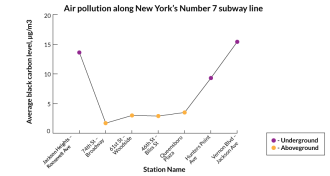 Environment
EnvironmentBlack carbon fouls New York subway stations
Black carbon, a respiratory irritant, fouls air in New York subway stations.
By Meghan Rosen -
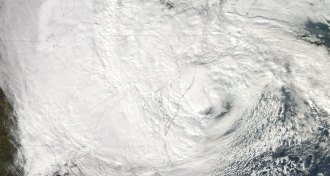 Science & Society
Science & SocietyCompassionate colleagues can help labs restart after disaster
Scientists plan for many things, but often not for disaster. Two scientists share their story of recovery after Superstorm Sandy.
-
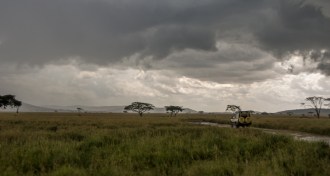 Climate
ClimateGreenhouse gases may spell wet future for Africa
Greenhouse gases played a role in boosting rainfall in Africa 14,000 to 21,000 years ago, a finding that may help predict future abundance of water on the continent.
By Beth Mole -
 Life
LifeElectric eels remote-control nervous systems of prey
Electric eels’ high-voltage zaps turn a prey fish against itself, making it freeze in place or betray a hiding place.
By Susan Milius -
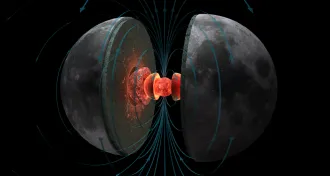 Planetary Science
Planetary ScienceAncient moon’s mega magnetic field explained
Apollo-era moon rocks reveal ancient lunar magnetic field was at least as powerful as the one surrounding modern Earth.
-
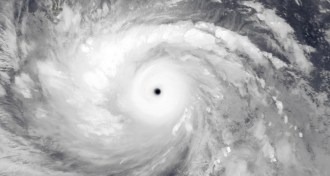 Health & Medicine
Health & MedicineA look back at 2013’s disasters
The Philippines, India and China each lost more than 1,000 lives in 2013 in mass calamities.
-
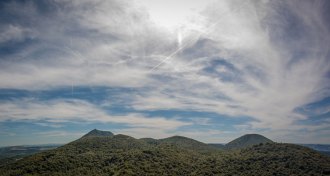 Microbes
MicrobesMicrobes floating among clouds may munch on sugar
Floating in a cloud and noshing sweets while wrapped in a cozy bubble sounds like a pleasant dream. For some lucky bacteria, it may be a reality.
By Beth Mole -
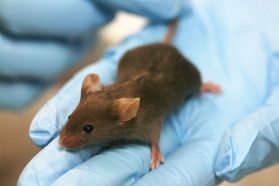 Neuroscience
NeuroscienceMain protein for sensing touch identified in mammals
A close look at how mice respond to touch has helped scientists pinpoint the protein, called Piezo2, that makes mammals feel the sensation.
-
 Materials Science
Materials ScienceCarbon supplants silicon in electronic medical sensors
Prototypes of electronic medical devices constructed from organic materials are noninvasive yet offer similar performance as silicon-based health sensors.
-

-
 Planetary Science
Planetary SciencePreparing for disaster, celebrating success
Science cannot prevent all disasters or solve all the problems they spawn, but it can point to the best ways to prepare, making disasters less damaging than they might otherwise be
By Eva Emerson